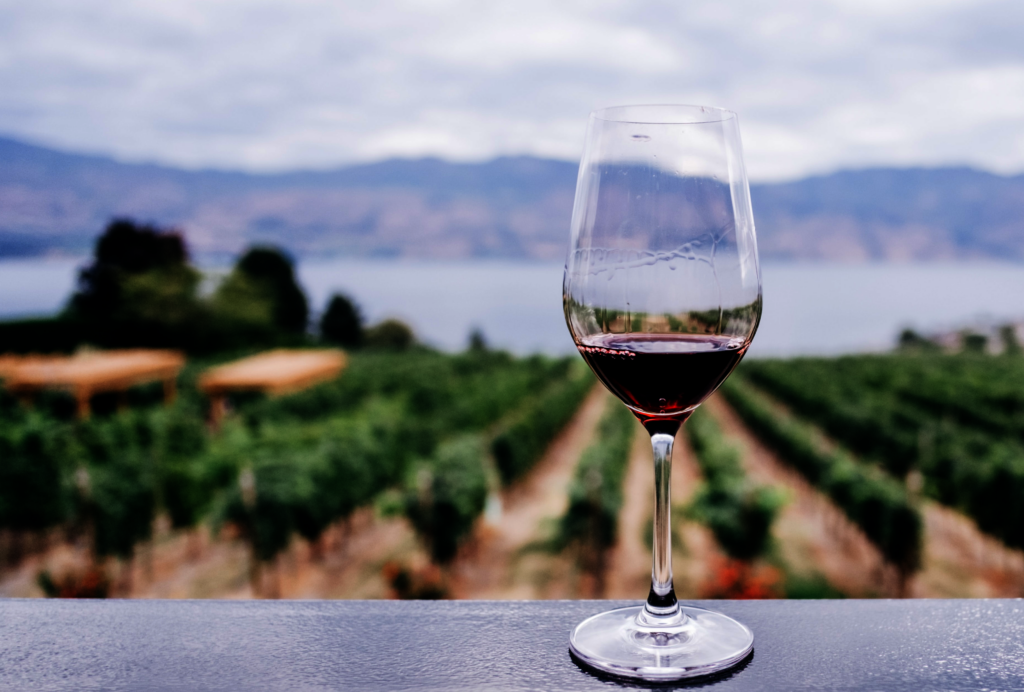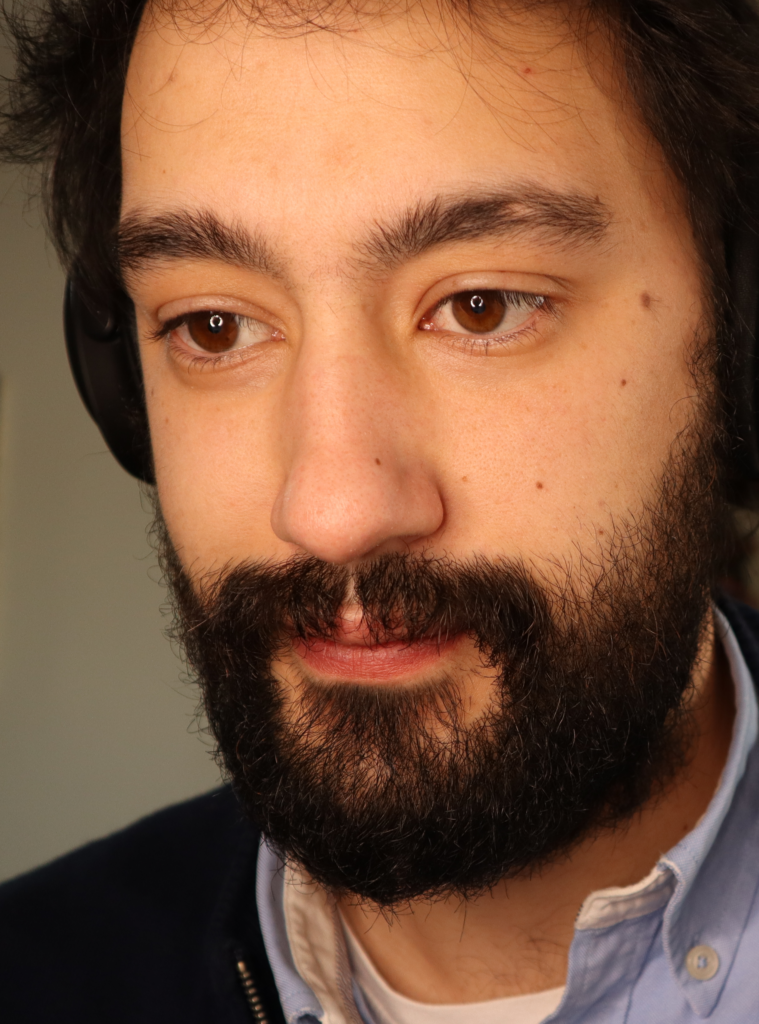
Imagine sharing a bottle of wine as the sun sets slowly over the vineyard. Who wouldn’t want to work in a winery? Corbeau founder Pierre Graves talks to agronomist Miguel Rodrigues from XpectralTEK about his passion for wine and technology.
So what originally inspired Miguel to become a viticulturalist?
“It’s actually perfect that you are asking me that because it was the UK that helped me to make the decision.”
Wine making was a kind of spiritual enlightenment for Miguel. During an eight day walk to Santiago in northern Spain, following the Camino de Santiago pilgrimage route, he got talking to a retired English winemaker who enthused about tending the vines, making the wine and of course drinking it!
It’s maybe a cliche but it is the people he meets who make his work as an agronomist so rewarding.

“A farmer will always have something to teach you.”
Searching for new developments in viticulture, Miguel discovered the FREND precision viticulture project website and was impressed with the technology. Basic weather-station sensors have been used in agriculture for some years but FREND uses artificial intelligence (AI) and multispectral imaging as well as physical sensors.
“This FREND project is taking viticulture to another level.”
XpectralTEK has a team of around 17 people including physicists, software programmers, electronic engineers and designers working on the project. Development work takes place close to where Miguel is based in Braga, Portugal and on the Greek island of Crete. He joined XpectralTEK during the pandemic and has been trialling the technology in Portuguese vineyards. The first vineyard in Famalicão, near Braga, hosted initial tests using prototype instrumentation. This was followed by a further pilot study in a second vineyard in Melgaço, further north in Portugal.
The project aims to provide farmers with as much information as possible to help their decision making. Information about disease, lack of nutrition and water stress are three key requirements the project has focussed on. These problems can cause real damage to a vineyard and there is usually little warning before the vines are affected. So what technologies does the XpectralTEK system use to reveal this information?
“BACO is a multispectral device which takes images [of vine leaves] and with the help of AI it can show the presence of disease and lack of nutrition in the leaves. With this solution you can see the problems before the human eye can see them.”
The other device used in the vineyard is SensIT, a multi-sensor weather station adapted to alert to conditions that can lead to disease development.
“The platform is a smart, easy to use system that anyone can use without special technical knowledge.”
Portugal grows many local grape varieties therefore the system was applied to five different types of vine (Loureiro, Alvarinho, Trajadura, Arinto and Avesso). Monitoring the leaves of different varieties directly allows the AI system to learn how each leaf type responds to growing conditions. Vines were trained largely in a single guyot system. The user interface is web-browser based so you can use a smartphone, tablet or laptop in the vineyard or in the office. All the gathered information is stored and analysed in the Cloud. Miguel explained how the precision viticulture system is used in the vineyards.
“SensITs are monitoring the vineyards the whole time. When the AI advises that conditions in the field are good for growth it makes no recommendation to the user. When SensITs detect conditions when disease may start, the AI advises the user to go to the field and make leaf measurements to either get reassurance that there is no disease detectable or to get an advanced warning of disease not seen by eye. The farmer can then intervene early with a treatment, avoiding a check in growth.”
The platform can learn from the farmer as well as the vineyard itself. For example if the farmer often experiences mildew when the temperature is higher than a particular value and the relative humidity is above a certain value, the platform can set an alert for mildew.
Once baseline data from a vineyard was established, the XpectralTEK platform was found to reduce the number of trips farmers had to make to the vineyard, saving time and money.
As Spring approaches, Pierre is looking forward to starting a pilot study of the precision viticulture platform at a vineyard in South Wales. Later in the year, pandemic permitting, it will be great to open a bottle of wine with Miguel and watch the sun slowly setting over the vineyard.
You can find out more about the XpectralTEK FREND project here. If you are interested in receiving updates on the UK vineyard pilot study, leave your contact details here.